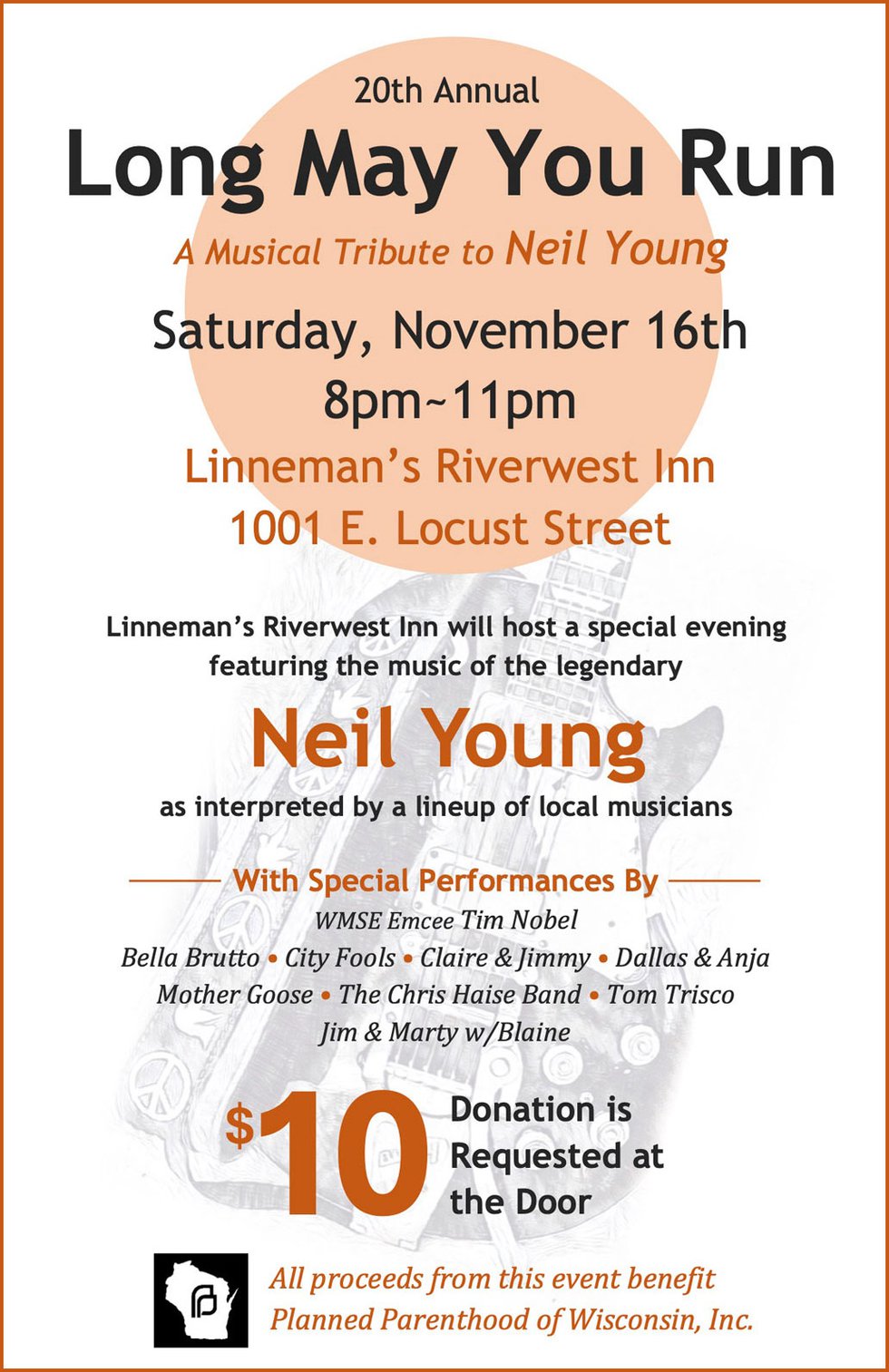
Photo Credit: Sam Neufeld
Moving back to Milwaukee after several years living in a New York was an adjustment for jazz drummer Devin Drobka. He’d been drawn to New York by its music scene, and it didn’t disappoint. “I felt so connected to the music that was going on there,” he says. “There’s a feeling making music that I feel like you can only really find in New York.”
But eventually Drokba says the quality of life in New York wore him down. He got tired of barely scrapping by, and wanted to live in a city where he could afford to open his own private-lesson studio. He understood he’d be trading down for a far more modest music scene than New York’s, but even still, he was taken back by how little was going on in Milwaukee when he returned in 2012.
“Moving back to Milwaukee, I was shocked by how much less people were doing even though the city is so much cheaper to live in,” Drobka says. “That was the hardest thing about moving back. I was like, ‘How come nobody is doing anything?’ I’d come from an incredibly expensive city where people were creating so much more. People’s rent would be $840 and they’re out there practicing and doing gigs constantly, but in Milwaukee their rent will be $300 and they’ll just be sitting on the couch.”
Six years later, Milwaukee’s scene no longer seems quite so stagnant. Milwaukee’s once under-the-radar jazz scene has enjoyed a resurgence over the last half decade or so, thanks in large part to a handful of ambitious, hyper-prolific players, Drobka among them. He’s gigged across the city with a huge variety of bands and projects, among them Bell Dance Songs, Lesser Lakes Trio, Etudes Trio, Argopelter, Hanging Hearts and Soft Alarm, in addition to touring and recording with the folk-rock band Field Report. He also started the monthly improvised music series Unrehearsed MKE at the West End Conservatory, which presents performances from musicians who have never played together before.
“From my experience what really makes a healthy music scene is you need people who want to create original music and who are always willing to make it at a very high level, so that the younger generation can see that and be like, ‘Man, I want to do that, too,’” Drobka says. “It’s the responsibility of artists to go out there and try to really make a connection with people. I sometimes play very challenging music, maybe free of time, or I’ll play with Field Report, where we’re playing songs. But the thing I’ve realized is if you’re honest in your vision and you respect the fact that people are there listening to what you’re doing and you take the time to talk to people and acknowledge that, that can really change a scene.”
Despite his ubiquity as sideman, Drobka has released very little music under his own name, just a lone 2014 album he recorded in a friend’s basement studio. This week he releases something a little more formal for the Minneapolis label Shifting Paradigm Records: An album credited to Devin Drobka’s Bell Dance Songs titled Amaranth. He recorded the periodically avant-garde set at the New York studio The Bunker with Boston bassist Aaron Darrell and a trio of saxophonists, Chris Weller from Chicago and Patrick Breiner and Daniel Blake, both from Brooklyn.
Even on his own record Drobka happily cedes the spotlight to his collaborators, and his compositions allow for maximum improvisation. Instead of playing up its knockout refrain, opener “Skip Skip” simply lets the saxophones run wild as Drobka nimbly accompanies each. “It’s this really simple diatonic theme, and when I play it with one sax it’s alright, but with three it’s like, ‘Whoa, here it is,’” Drobka says of the piece. “It’s this vision of an elephant and a mouse dancing together. I wanted it to have this Goliathan feel, and was like, ‘How do I get that?’ The answer was add more weight. Add more saxophones.”
|
|
Drobka says it’s a relief being able to finally share these pieces, some of which he’d been working on for as long as eight years.
“I had my good buddy put it to me this way: He says you don’t make music that’s that accessible, so just enjoy the path you’re on and people will accept it,” Drobka says. “It’s hard to have a record that doesn’t have a consistent pulse, but for me it was nice to have a chance to share with people some of the music I make, even if it’s just a narrow slice.”
